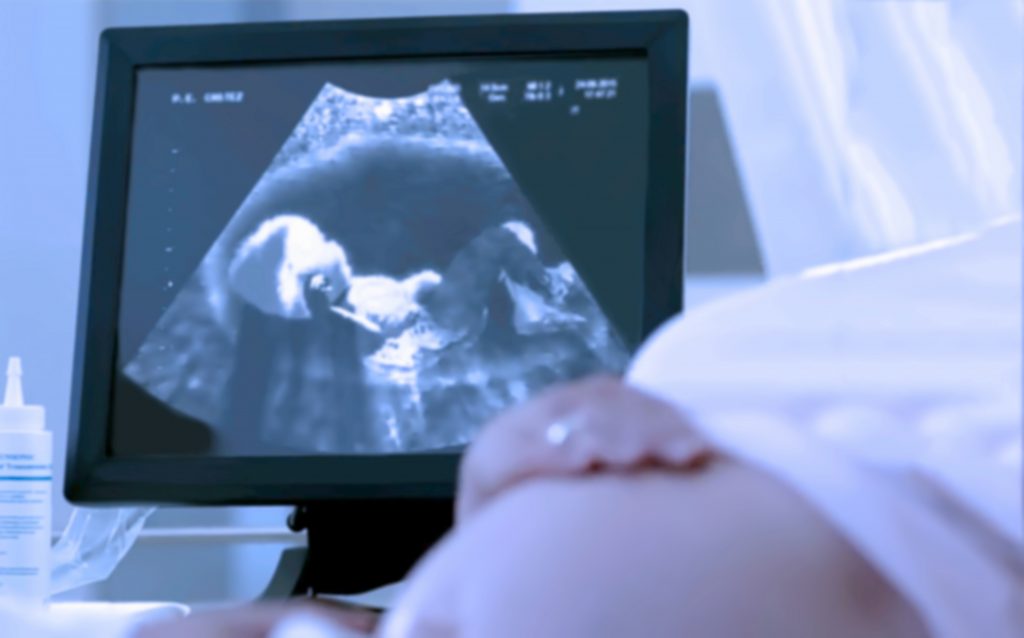This fall, the U.S. Supreme Court is expected to revisit the culture-churning cases of Roe v. Wade and Casey v. Planned Parenthood, which between them established a wildly permissive abortion regime pegged (in part) to the moving target of fetal viability.
If “wildly permissive” sounds hyperbolic, consider that the U.S. is one of only a handful of nations that allows elective abortion through all 40 weeks of pregnancy, putting us in the disgraceful company of Cuba and North Korea. Due to Roe and Casey, our states are not permitted to limit abortion in any way before the point of fetal viability, a threshold that is dropping but today sits at about 22 weeks. In most other (and more humane) countries, babies can’t be electively aborted after 12 weeks of gestation.
It would be incredible indeed if the court could effect our exit from the club of abortion shame by toppling Roe and returning the regulation of abortion to the people of each state through their elected representatives.
I think we would find that in the dark decades since that decision, our appreciation of the fetus as a vulnerable, endearing member of the human family has grown, not waned. These are years in which more than 60 million babies have legally lost their lives; years in which all the heady promises of “liberation” and “equality” for women have delivered nothing but the degradation of the coarsest hedonism.
In a post-Roe America, compassionate protections and protective regulations could bloom once again, softening the arid landscape of a country bearing the scars of nearly five decades of legal abortion.
Much of the growth in our collective appreciation of unborn life is thanks to ultrasound technology. It happens to be part of my daily work, and no matter how often I see it, the sight of a baby nestling, breathing, moving, in the velvet darkness of the womb affects me. My little patients are so defenseless, so voiceless. They are completely at the mercy of the powerful people around them, and are accorded such meagre sympathy and respect.
While it would be illegal to violently rip apart a puppy, our laws allow the barbarous dismemberment of a second trimester fetus without anesthesia even as the latest science suggests that babies may feel pain as early as 12 weeks.
This is what is at issue in the landmark case soon to be heard by the Supreme Court. The people of Mississippi, through their representatives, passed a law restricting abortion after 15 weeks, except for cases of fetal disability or maternal danger.
They were responding to the black-and-white ultrasound images imprinted on the minds of people everywhere, showing those petite profiles, those delicate limbs, those soft round bellies so much like the bellies of the newborns that enchant us. Also to the endearing, fleeting “expressions” that stamp the fetus indelibly as a person: the thoughtful frown wrinkling the forehead, the mouth pursed as if in distaste, the passing upward-curve of the lips that looks for all the world like a knowing smile.
It wasn’t just the obvious humanity of the unborn child that prompted the Mississippi law in question. They were also addressing advances in our knowledge of fetal pain and how that awakens our empathy and our dread of causing agony to a defenseless child. They were reacting to the sad way in which abortion distorts the medical profession, making a doctor now a protector, now an assassin, depending on the parent’s will.
They were rejecting the false notion that without abortion women can’t flourish. They were waking up to the possibility that, in fact, it may be abortion that unjustly subjects them, both to the desires of unscrupulous men, and to those of a society that won’t support the indispensable work of mothering.
Just as inside a pregnant woman is a tremulous, shining life aching to be born, so inside our great country is a new and gentle love for babies and their mothers waiting to emerge. It has been a long hard labor, but with any luck, and countless prayers, we may soon be looking at a post-Roe America. It will be a small and mewling thing, at first, but bursting with promise and hopeful possibilities.

